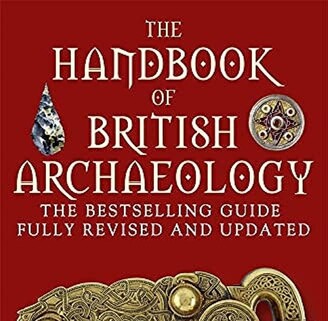Archaeologists have discovered evidence which may shed new light on the distant origins of British identity - at an ancient festival site.
It’s long been known that the word Britain is derived from a Celtic word (Pritani), meaning “the painted ones” - almost certainly reflecting a prehistoric predilection for body-painting.
However, there’s never been much potential archaeological evidence for such the cultural tradition – until now.
Recent investigations of a 6,500-year-old probable ceremonial prehistoric site in north west England have identified the largest collection of pieces of red ochre ever found in Britain.
…
The flint-working debris (over 300,000 fragments have been recovered from just the 12% of the island which has been excavated) suggests that in total, many hundreds of arrows and other artifacts were being made there during each annual gathering in the late Mesolithic (Middle Stone Age) period. The site was most intensely used over a period of some 800 years.
This suggests that the number of people at the gatherings probably exceeded a hundred - a figure which implies that the April gatherings were attracting members of up to half a dozen different small hunter-gatherer bands and extended families.


